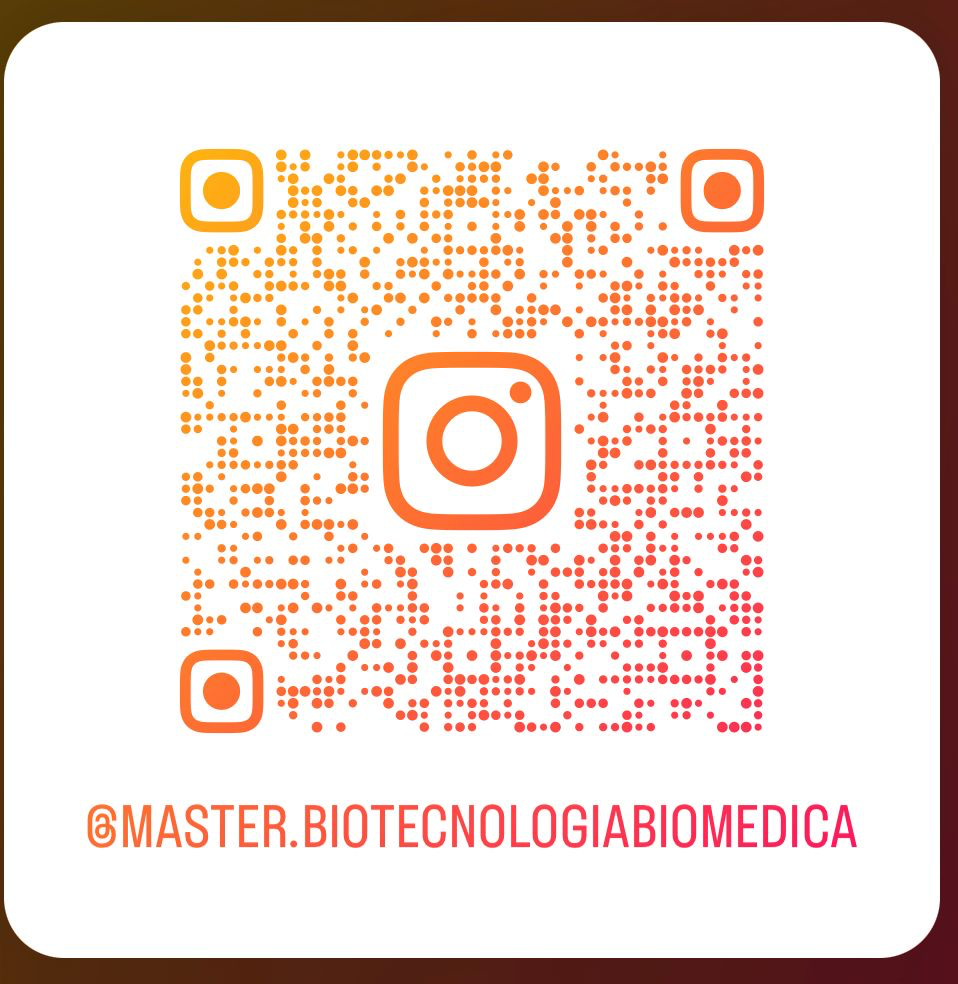 Vera (València) Campus, Universitat Politècnica de València
Vera (València) Campus, Universitat Politècnica de València
Master's Degree in Biomedical Biotechnology
90 credits
Credit 35,34 €
(2024/2025)
50 openings
(2024/2025)
Introduction
Biomedical biotechnology is the border between basic biomedical research and established applications of medical biotechnology. It refers to the generation of new biotechnological tools for research, diagnosis, and treatment of diseases.
Biomedical biotechnology is a new name for this situation of creative effervescence in public research centres and companies, where the development of new tools with potential value for medicine is constant, even if only some of them will ever become established in medical practice. This great vitality of biomedical biotechnology justifies the offer of a university master's degree with this name.
Objetives
The aim of the master's degree in Biomedical Biotechnology is for students to acquire advanced and specialised training in cellular and molecular bases of Biomedicine from a multidisciplinary approach for its application and integration in research, as well as in the clinical, health, and business fields.
The focus of this master's degree is, therefore, twofold, research and professional, reflecting the current state of Biomedical Biotechnology.
LGraduates of this degree will be able to integrate basic knowledge with medical needs in a "bench to bedside" translational research context. Additionally, they will be able to face the complexity of making judgments and managing and participating in developing new diagnostic or therapeutic approaches in the biomedical field from the perspective of the social and ethical responsibilities linked to applying their knowledge.
PFinally, within the training objectives, emphasis will be placed on the development of autonomous learning skills, skills in new technologies, and communication skills both at a scientific level and aimed at different audiences (specialised and non-specialised).
Aimed at
Students will be admitted to the MBB if they can certify they hold a Spanish or EHEA program in the following reference degrees in life sciences: biology, biochemistry, biotechnology, biomedicine, biomedical sciences, health sciences, pharmacy, and medicine.
Other degrees considered to be related to the degree are genetics, microbiology, and biomedical engineering. In all these degrees, students have taken sufficient credits in basic subjects such as biology, biochemistry, and human physiology to follow the master's degree successfully
Admission Criteria
- Mentioned degrees
- Curriculum
- Profile adequacy
- Motivation letter
- Candidates will be admitted on the basis of academic excellence, the suitability of their previous studies, and their motivation to pursue a career in biomedicine.
Organisation
- Department of Biotechnology
Participants
- Institute of Biomedicine of Valencia (Spanish National Research Council)
- Príncipe Felipe Research Centre (Valencia)
- Valencian Community Biotechnology (BIOVAL)
Colaborating Organisations
- Spanish Bioindustry Association
- Association of Biotechnology Companies of the Valencian Community
- Valencian Health Agency (Hospital General Universitario and Hospital Universitario La Fe)
Contact Data
- Telephone: +34 96 387 74 20
- depbtc@upvnet.upv.es











